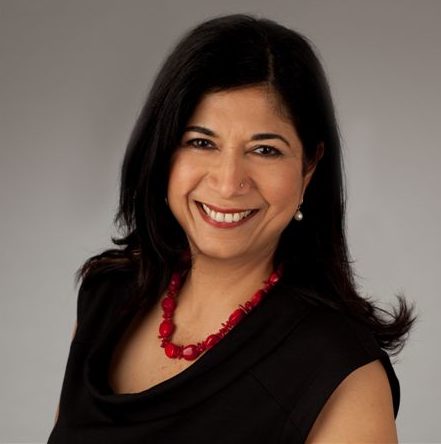 Endings are a natural, inevitable part of life. Whether these endings come about in our jobs and careers, love and family life or other aspects of our social, recreational and community life, there is an inevitable emotional reaction. Life as we have known is no longer and there is a consequent feeling of being in transition or as a colleague put it – “total limbo land.”
Endings are a natural, inevitable part of life. Whether these endings come about in our jobs and careers, love and family life or other aspects of our social, recreational and community life, there is an inevitable emotional reaction. Life as we have known is no longer and there is a consequent feeling of being in transition or as a colleague put it – “total limbo land.”
Of course, it is much easier to deal with change when we are the originators of such endings but this is not always the case. Endings and change get forced upon us and sometimes we do not even see it coming. In these instances, the shock factor and coming to terms with the new situation can take time.
Endings are not something we typically talk about except perhaps with those closest to us. And indeed the message from well-meaning friends and colleagues can be to “just get over it” and “move on.” Move on – we do – but coming to terms with the ending and or loss is something that has its own timing and rhythm. Depending on our individual makeup and the level of support, we do arrive at and make peace with the new circumstances but typically in our own time.
Clients have frequently talked about operating on two levels – fronting up to the world on the one hand and going through a private journey of anguish and adjustment on the other. While for some, a change that comes with endings such as a job loss can feel quite liberating and just what they needed to spur them on, for others it can produce intense feelings such as sadness, anger, shock, feeling sorry for oneself as well as mental rumination and self recrimination.
As creatures of habit, we like our comfort zone. When faced with endings – we get confronted. As well as dealing with the current emotional and practical aftermath of the changed reality, the future is not always clear, nor does it emerge overnight. We find ourselves in a different mental space as we shuttle between the known past, an anxious present and unknown future. William Bridges in his excellent book “Transitions – making sense of life’s changes” identifies three distinct transition phases: endings, transitions and new beginnings and ways to deal with each.
Clichéd as it may sound – it is true that “there are no endings in life without new beginnings.” Time, experience and wisdom has shown – time and time again, that there are no endings without new beginnings. As the old adage goes, when one door shuts, another opens. A new chapter begins – sometimes in ways that were previously unimaginable.
Whatever your ending, when you feel ready emotionally and mentally – endings can be an excellent time to take stock and review your life goals and aspirations.
What is future you want to create now? You may wish to project ahead and see what comes up in answering these questions.
How might it look, feel and sound?
What specifically might you be doing?
How might you structure your time and day?
Which of your skills and competencies are enjoying using?
What value base are you living from? Who are you being?
Who are you surrounded by?
What might be giving you joy and or a sense of fulfillment?
What are some daily mindful actions that feed your soul?
Be compassionate, caring and gentle with yourself as you work through your feelings of loss or change.
Endings are great for cutting through the chase and identifying that which truly matters to you. Endings keep leading us back to the journey of growth, change and acceptance which life offers. Rather than fight, we need to accept the change we find ourselves in and learn from it.
Ultimately engaging in the present and moving forward will be much more rewarding than holding on to the past in a way that keeps us immobilized. This is easier said than done but one thing is for sure – the currents of life will push us forward regardless.
Perhaps it is best to hold on to what many wise teachers have said over the years – life brings us experiences which expand our consciousness and that every ending also brings within it the seeds of a new beginning.
Jasbindar is a leadership coach and speaker who helps executives harness the best of themselves and their teams.






 Follow Jasbindar on Twitter
Follow Jasbindar on Twitter



